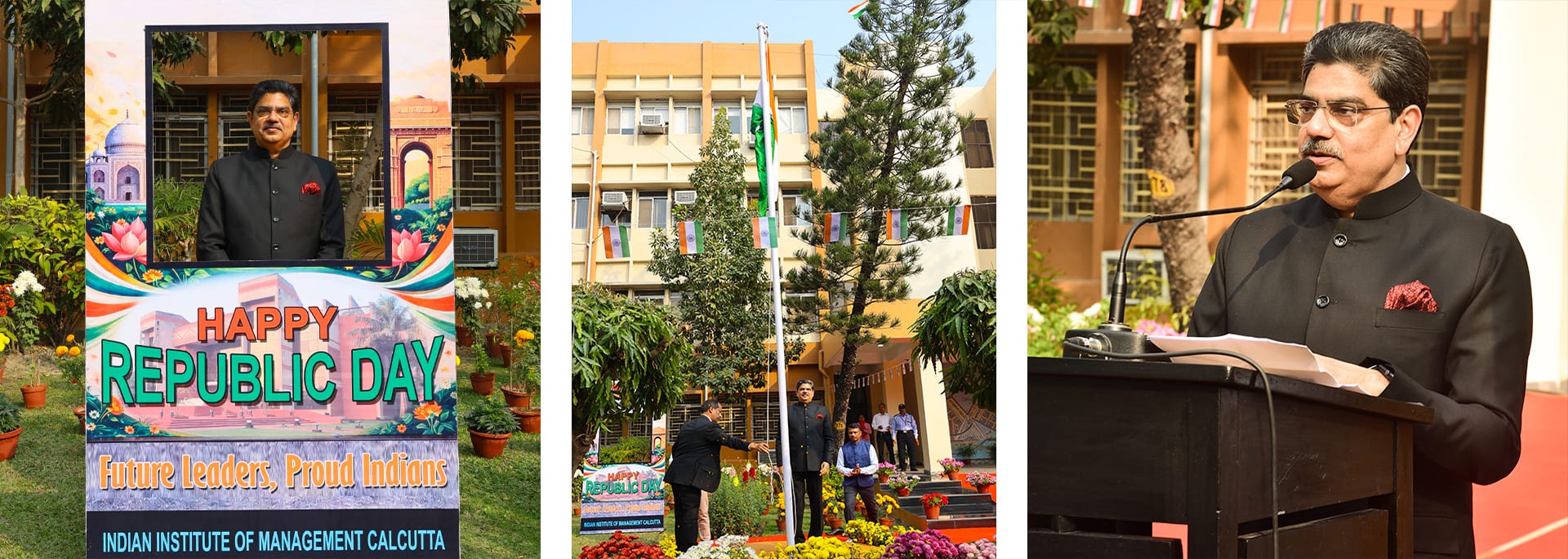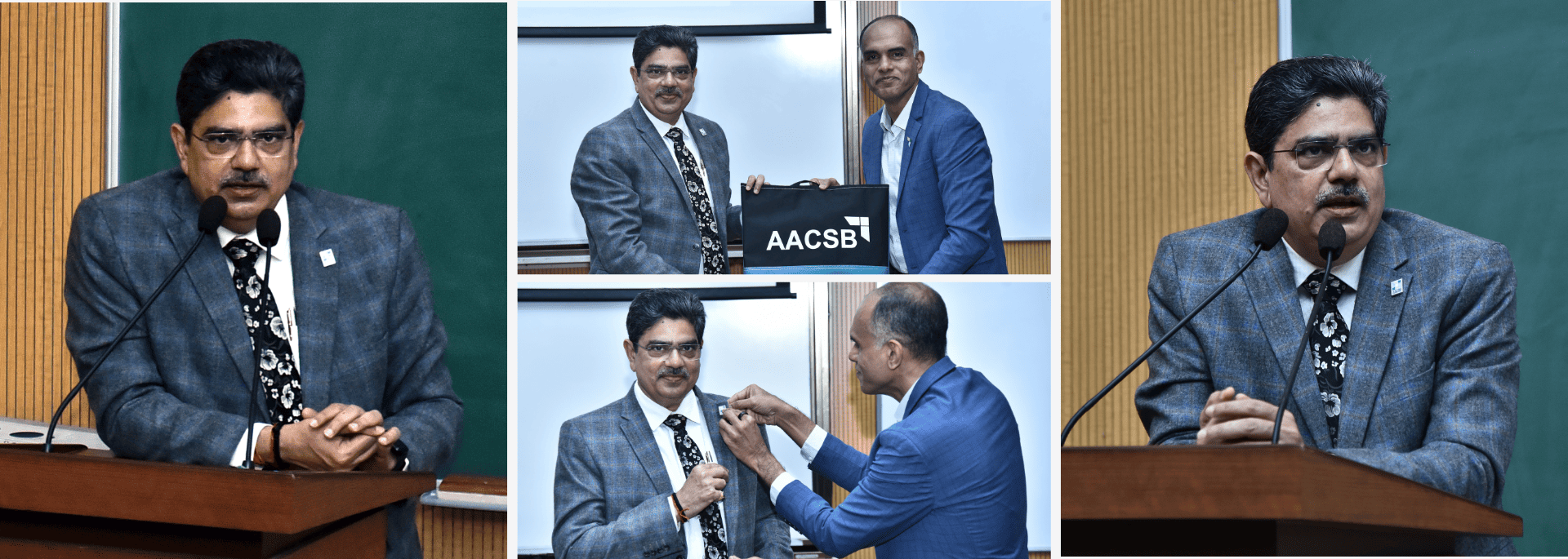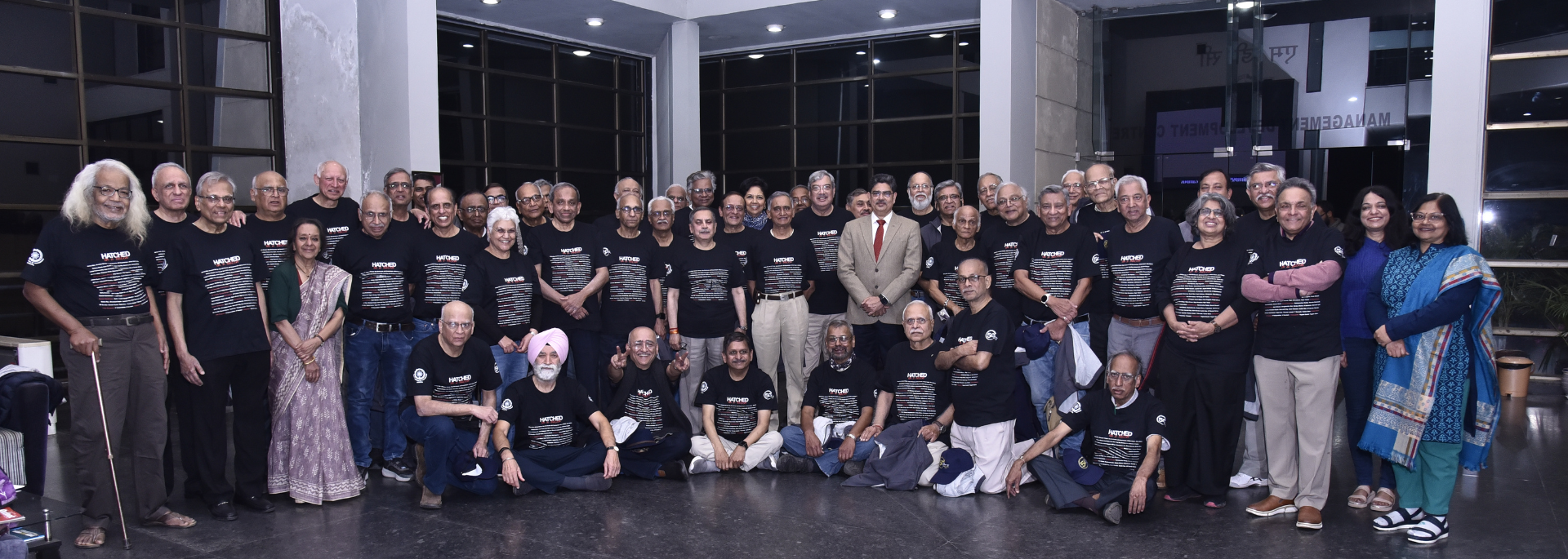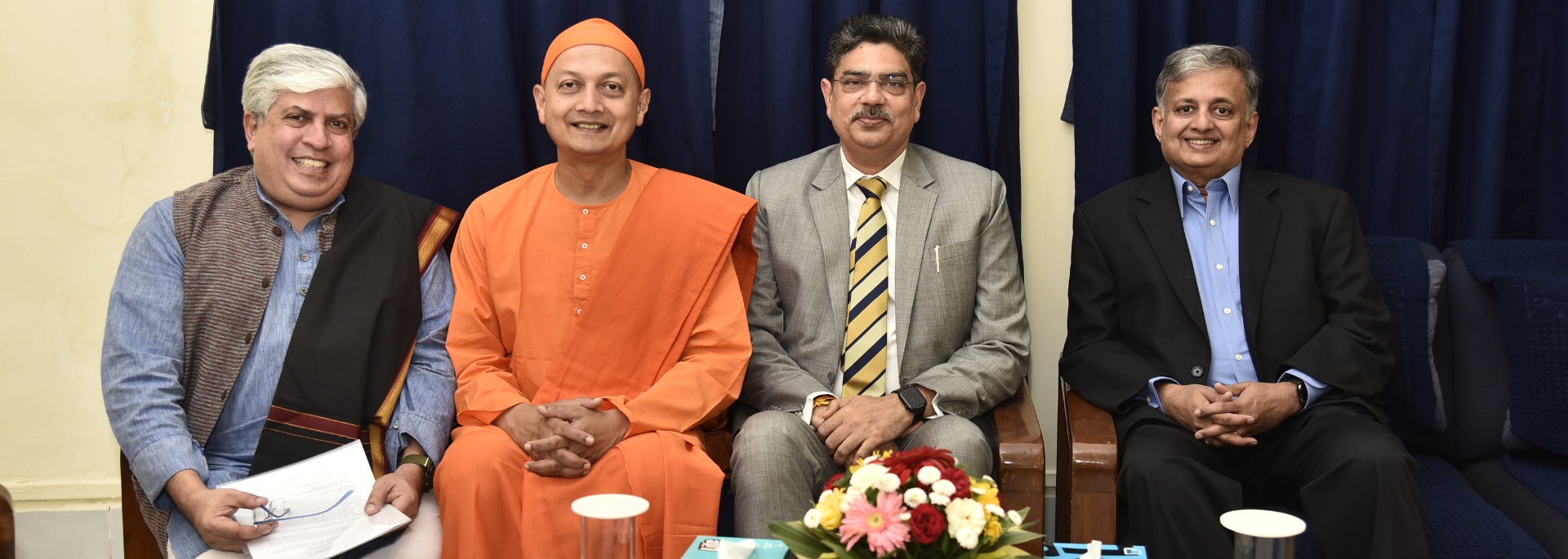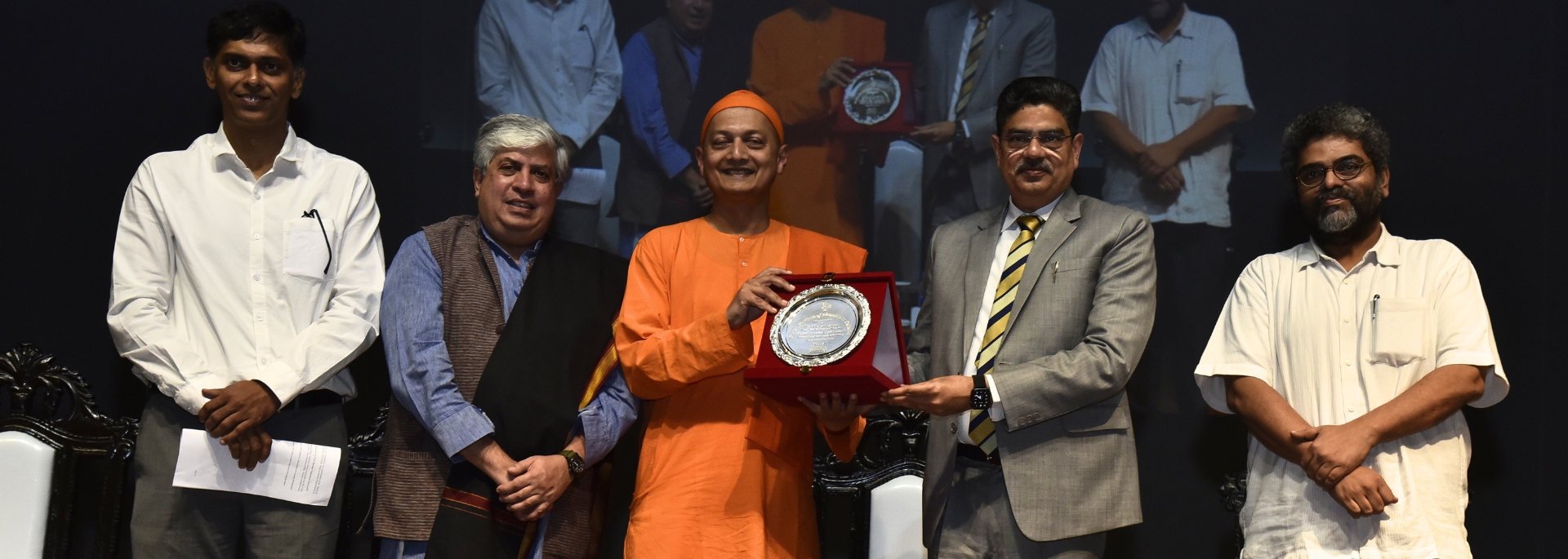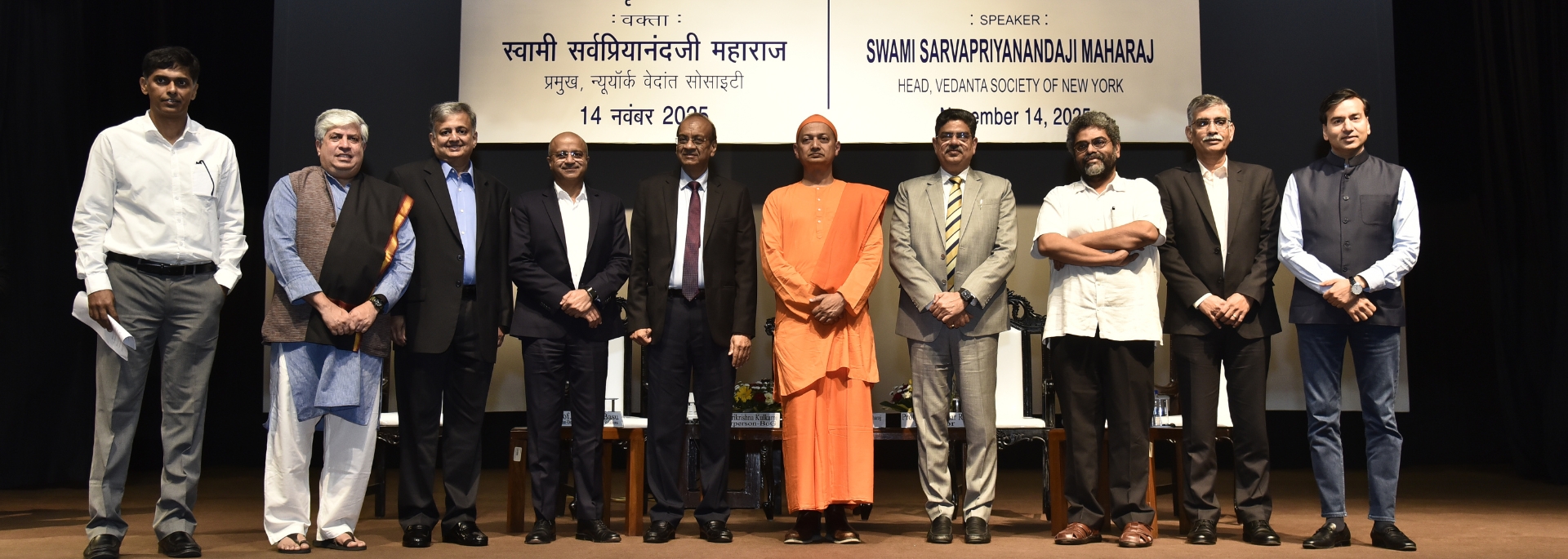|
1
|
Economics
|
Macroeconomics
|
EC-EX102
|
Dr. Parthapratim Pal
|
-
Offers foundation of the broader business environment to prospective future business leaders by emphasizing why business executives must understand macroeconomic factors to evaluate firm and industry performance.
-
Understand the macroeconomic foundations of business, interrelations among important macroeconomic variables like the GDP, interest rates, inflation, exchange rates and employment; and explain how these variables can act as headwind or tailwind for business.
-
Provides future business managers a perspective of the business environment in terms of closed and open economy macroeconomics.
-
Expose the students to the implications of monetary, fiscal and exchange rate policies.
-
Enable students to anticipate and respond to business cycle fluctuations, such as recessions or booms, which can profoundly affect various industries.
-
Equip students with the knowledge to interpret economic signals, anticipate market trends, and make strategic decisions that align with the broader economic context in a dynamic and globalized economy.
|
|
2
|
Finance & Control
|
Cost Management
|
FI-EX102 |
Dr. Samit Paul
|
-
Build a deeper understanding and analysis of cost information.
-
Expose the students to the importance of product costing, budgeting, variance analysis, ascertaining relevant costs for decision making, and responsibility accounting in a global, competitive environment.
-
Analyse quantitative and qualitative information related to costs for effective planning, controlling, and decision making in business organizations.
-
Enhance the ability of the students to work with various stakeholders while managing and budgeting cost.
|
|
3
|
Organizational Behaviour
|
Designing Effective Organizations
|
OB-EX102
|
Dr. Vidyanand Jha
|
-
Develop an appreciation among the students about the macro determinants of behavior in an organization, namely organization structures, systems and processes.
-
Help students understand the organizational environment and its interrelationship with macro and micro aspects within an organization.
- Comprehend the impact of organizations on the larger society.
- Develop the ability among the students to design an organization to optimize its effectiveness.
|
|
4
|
Operations Management
|
Operations Research in Managerial Decision Making
|
OM-EX102
|
Dr. Bodhibrata Nag & Dr. Megha Sharma
|
-
Expose the students to a knowledge of applying scientific methods to decision making.
-
Help the students learn to utilize mathematical modeling techniques in concert with empirical observation and occasional experimentation to arrive at solutions to management problems in government and industry.
-
Introduce students to Operations Research through a combination of lectures and computer models using EXCEL.
-
Emphasize on model formulation and use of the computer in applications to a broad spectrum of management problems.
|
|
5
|
Marketing
|
Marketing Management: Foundation Concepts
|
MK-EX101
|
Dr. Ritu Mehta
|
-
Understand the nature and scope of marketing and the environmental influence on it.
-
Develop an appreciation of the intricacies involved in consumer buying behaviour.
-
Learn how to segment the market, and target appropriate segments profitably, how to create and deliver value to customers and how to communicate clear differentiating value proposition to customers.
-
Comprehend the design elements of marketing mix (product, price, place, and promotion) and its interlinkages, to offer best value to customers.
-
Recognize and design appropriate communication plan for target segments and finally, plan, create, and execute successful marketing programmes for the firms.
|
|
6
|
Business Ethics & Communication |
Communication Workshop – 2
|
BC-EX102 |
Dr. Pragyan Rath
|
-
Extract the difference between strategic argumentation and Logical Argumentation
-
Strategize impact-based argumentation by co-opting strategy to logic
-
Develop structured approach to 'arguing through a business case' by
- Constructing Business Contexts with Hermeneutic Data
- Nudging Solutions through Narrative Plot Devices
- Creating visual designs for Impact Presentations
|


